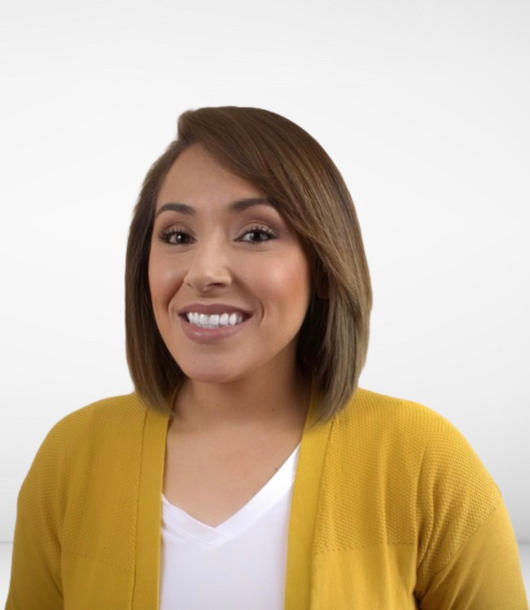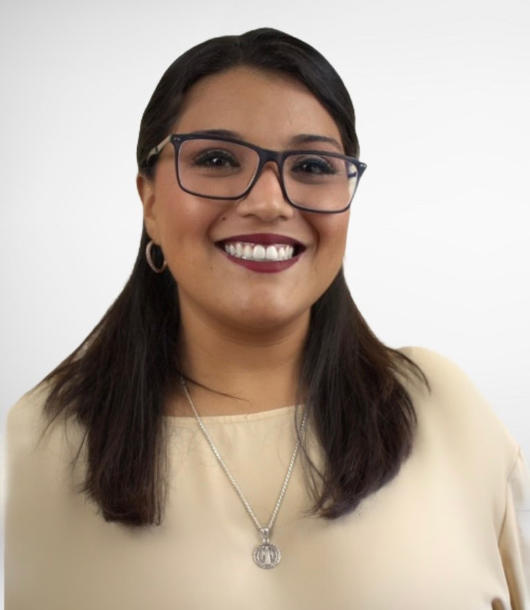 To successfully recover compensation through an auto insurance claim after a car accident in Houston, Texas, you must collect various types of evidence to prove the other driver was at fault. Not only is evidence necessary for filing your insurance claim, but it’s also necessary for maximizing the compensation you could receive for your injuries.
To successfully recover compensation through an auto insurance claim after a car accident in Houston, Texas, you must collect various types of evidence to prove the other driver was at fault. Not only is evidence necessary for filing your insurance claim, but it’s also necessary for maximizing the compensation you could receive for your injuries.
Key Types of Evidence to Collect
The first step in gathering evidence after a car accident is understanding the types of evidence you should be gathering. In general, you should try to obtain video evidence, photographic evidence, witness statements, medical evidence, and police reports. Some of this evidence may be challenging to get without the help of a car accident lawyer, especially if your injuries are severe.
Video Evidence
Traffic, security, and dashboard cameras often capture accidents and can serve as objective accounts of the crash. A lawyer can assist you with collecting footage from these cameras.
Traffic cameras are typically located at intersections and can help prove if the other driver ran a red light or failed to yield the right-of-way. Security cameras can help establish fault if the accident occurred in front of a home or business. And dashboard cameras, whether installed in your vehicle, the other vehicle, or a third-party vehicle, can provide additional information about the events leading up to the collision.
Photographic Evidence
One of the simplest ways to gather evidence after a car accident is by taking photos at the accident scene. If your injuries are severe, this may not be possible. But someone else, such as a friend, family member, or lawyer, can take these photos for you while you’re recovering.
Some of the key details to photograph after an accident are:
- The vehicles involved, highlighting any damage
- Your visible injuries, including lacerations, bruising, and more
- The road conditions, such as if the road was wet or had significant potholes
- Skid marks present on the road surface caused by the accident
- Relevant traffic signs, signals, and road lines
Witness Statements
Statements from eyewitnesses can back up your version of events regarding the accident and provide additional information. While you don’t need to collect witness’s statements directly after the collision occurs, you should collect their names and contact information before they leave the scene. Your lawyer can follow up with these witnesses later on and get their statements.
Medical Evidence
Not all evidence necessary for a successful auto insurance claim comes from the accident scene. It’s just as important to gather medical evidence that details the severity and extent of your injuries, the treatments prescribed by your doctor, and how your injuries connect back to the accident.
For example, if you suffer a broken arm in an accident, it’s important to have medical imaging, such as an X-ray, that shows the break. Or if you suffer a soft-tissue injury like whiplash, your treating doctor’s notes on your condition can help establish that you aren’t making it up. Insurance companies often try to downplay accident victims’ injuries so they can get away with paying them less, but medical evidence makes it harder for them to do this.
Police Reports
While police reports generally aren’t admissible as evidence in a personal injury lawsuit, they’re still vital for auto insurance claims. Usually, the insurance provider will request a copy of the police report relating to the accident when you file your claim. This report is one of the main pieces of evidence insurance companies use to assess the incident.
The report can also be helpful for collecting other types of evidence. For example, it will include the names, contact information, and statements of the witnesses the responding officer spoke to, which your lawyer can use to follow up with them.
Common Mistakes to Avoid When Collecting Evidence
 There are a few common mistakes some car accident victims make when collecting evidence. By being aware of these mistakes, you can take precautions to avoid them and strengthen your case in the process:
There are a few common mistakes some car accident victims make when collecting evidence. By being aware of these mistakes, you can take precautions to avoid them and strengthen your case in the process:
- Failing to Seek Medical Attention – Even if you feel fine immediately after the accident, you should seek medical attention. Doing so will start a paper trail of your injuries and treatment, which is essential evidence.
- Failing to Report the Accident – It’s important to report any accident to the police, even if it seems minor. Without a copy of the police report, getting an insurance company to pay out for a claim can be challenging.
- Failing to File in Time – While you have two years to file your auto accident claim in Texas, most of the evidence related to the accident won’t last that long. It’s vital that you begin collecting evidence as soon as possible before it disappears.
- Failing to Work with a Lawyer – Working with a car accident lawyer is one of the most effective ways to gather the evidence you need. Lawyers have extensive experience gathering evidence and can do so while you focus on your recovery.
Using Evidence in Insurance Claims
While evidence is necessary for filing an insurance claim, it also plays a crucial role in determining the value of your claim. This is because Texas follows a modified comparative negligence rule that insurance companies look to when establishing liability.
Under this rule, the insurance company could reduce your compensation by a percentage equal to your perceived degree of fault. If the insurance company believes you were 20 percent at fault for the accident, it will only offer up to 80 percent of your damages because it thinks you won’t get more than that through a lawsuit. Additionally, if the insurance company believes you are more than 50 percent at fault, it may deny your claim.
Gathering robust evidence is one of the best ways to prevent the insurance company from assigning you fault for the accident.
Contact Our Houston Car Accident Lawyers
Contact Gibson Hill Personal Injury at 713-659-4000 for a free consultation with an experienced car accident lawyer in Houston. We’ll review your case, go over the evidence that will likely be important, and explain how our firm can use that evidence to help you seek the compensation you need for your injuries.




